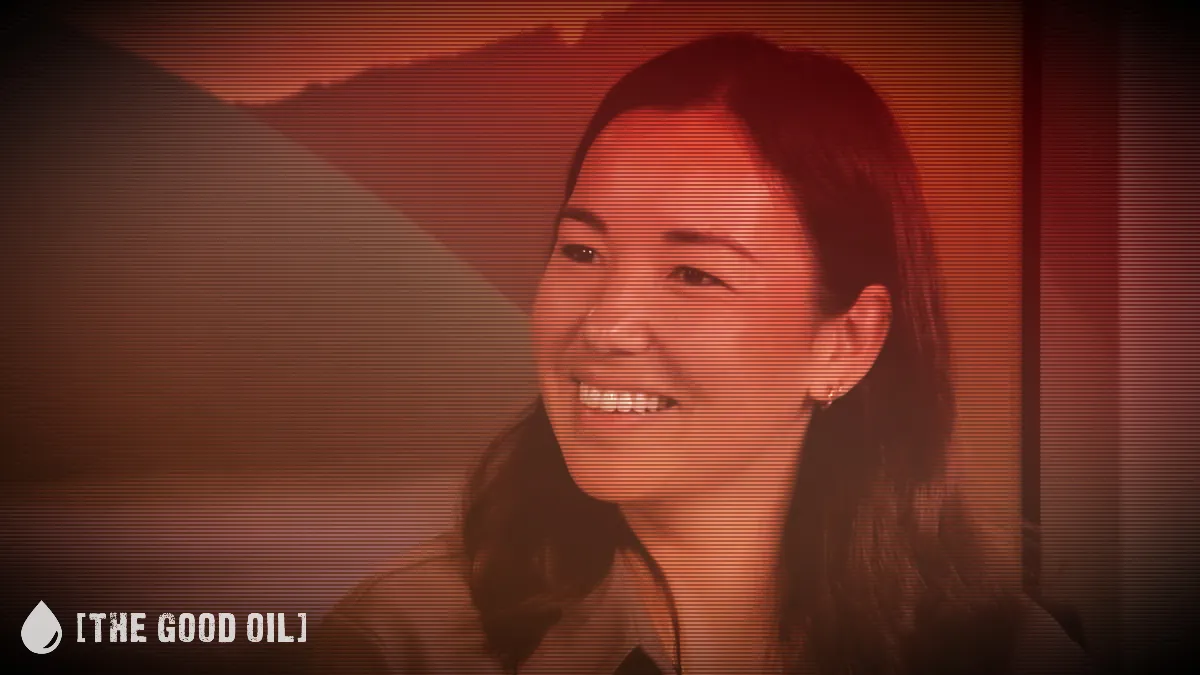Table of Contents
Somebody pass the smelling salts, I agree with Owen Jones. Jones is the avatar of what Orwell derided as the “pansy-left”: the effete, pampered, double-Arts degree types, ostentatiously flashing their copies of Marx and The Guardian in the cafes of the “better” suburbs. Or, just as often, penning bien pensant “progressive” fluff for the aforementioned Grauniad, or HuffPo.
But that’s to do Jones a bit of a disservice. As Orwell himself said of poet Stephen Spender, “When I met him in person I liked him so much and was sorry for the things I had said about him”. I wouldn’t go quite that far, and I’m as likely to cross paths with Jones as ponce naked at a Pride parade (which would likely astronomically increase our chances of crossing paths).
But amidst his vacuous Twitter blatherings and ever-so-right-on witterings in the left-press, Jones very occasionally says something sensible.
Jones is particularly scathing of the attempt by the British political establishment to exploit the murder of Sir David Amess in order to push a dangerous bill that would extinguish online anonymity.
We must ask whether strengthening the online safety bill is the right approach. By shifting attention away from extremism toward online anonymity, do we hinder our democracy? There are many legitimate reasons why a citizen may not feel comfortable posting their opinion or sharing information under their own identity.
Not least politicians who use anonymous leaks as a strategy, as well as other whistleblowers.
With a splendidly Orwellian turn of phrase, the bill would allow legal punishment against online networks that fail to remove “lawful but harmful” content. This is even more nonsensical and authoritarian than police investigating “non-crime hate incidents”.
“Harmful” and “hate” are entirely subjective. It’s no stretch to see how such a bill would be used to stifle what little legitimate dissent the public is already allowed to express.
Under such rules it is now possible to see, for example, how denouncing tens of thousands of avoidable deaths in the pandemic because of Tory policy could be construed as ramping up potentially dangerous rhetoric. If someone has lost a loved one to government policy, are we now to tell them that their hurt and anger have no place in public discourse? Neutral civility is the preserve of those for whom politics is only ever a game, a career, not the force that shapes their life – sometimes for the worse.
In fact, what the bill is clearly about is protecting the political class from being personally accountable to their constituents. Until such time as the political class find a means of doing away with the inconvenience of elections (as the EU parliament has largely managed to do), they’ll clearly settle for just forcing their constituents to just shut up and do as they’re told — and don’t you think about getting “uppity”.
Responding to a despicable attack by hampering scrutiny of politicians undermines our democracy. A clear demarcation is required between impassioned critique and extremist incitement if we’re to better protect our politicians and public.
The Guardian
Naturally, Jones approaches the issue with staggering my-side bias. He wrings his hands about “the far-right” (oddly ignoring the fact that Amess was murdered by a Muslim immigrant) and champions the right of Twitter users to complain about their bennies being cut.
Which they do, of course. Just as the “far right” (so-called) have every right to sound off online about millions of illegal immigrants being hand-waved into the country and onto the benefit line.
Because, unlike most of the left, Jones is at least clear-eyed enough to realise that, when you suppress the free speech of your enemies, you create, as Christopher Hitchens so wisely pointed out, a rod for your own backs. Ask not for whom the Twitter mob bays, good little lefties: sooner or later, it bays for thee.









